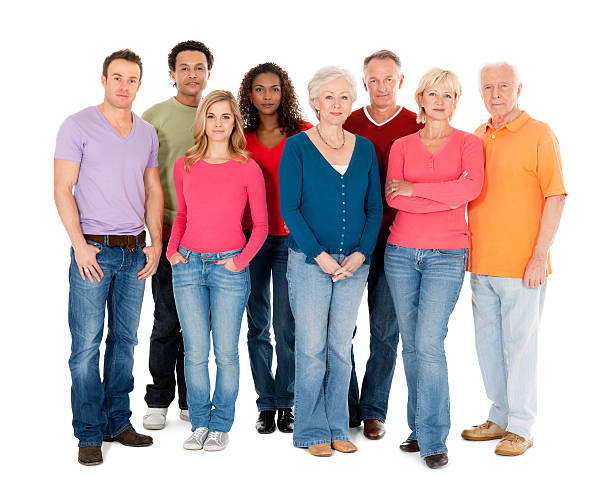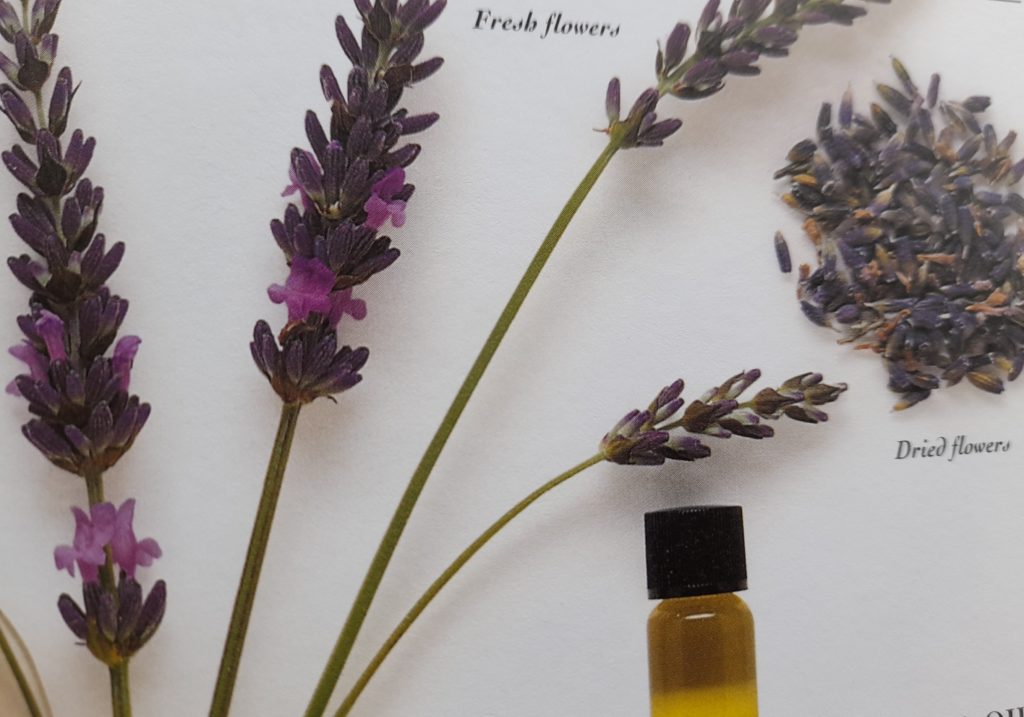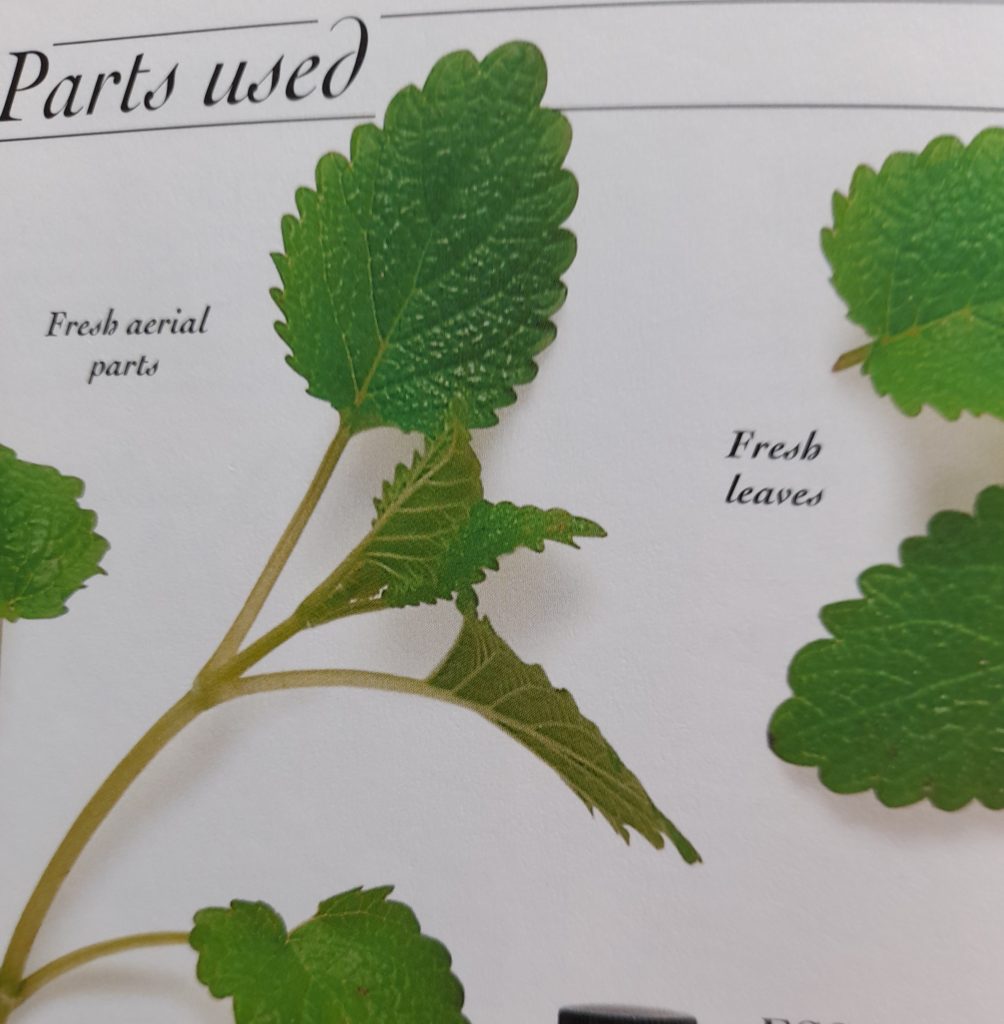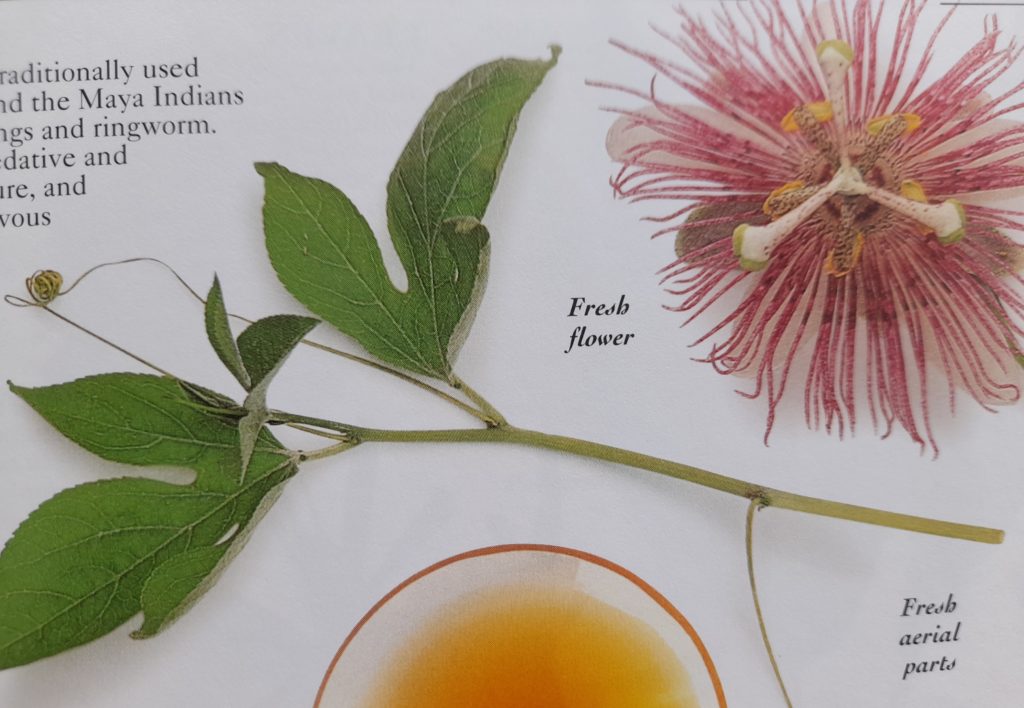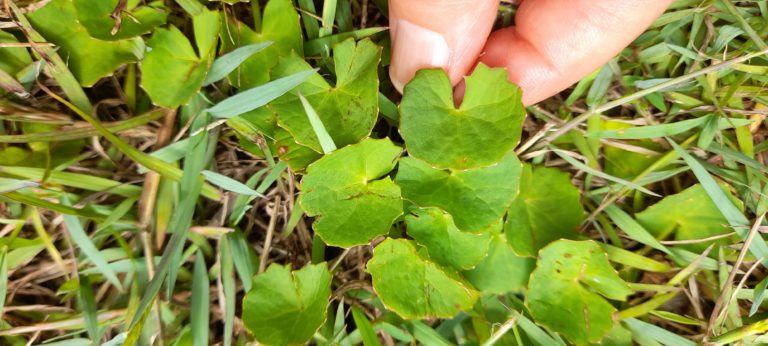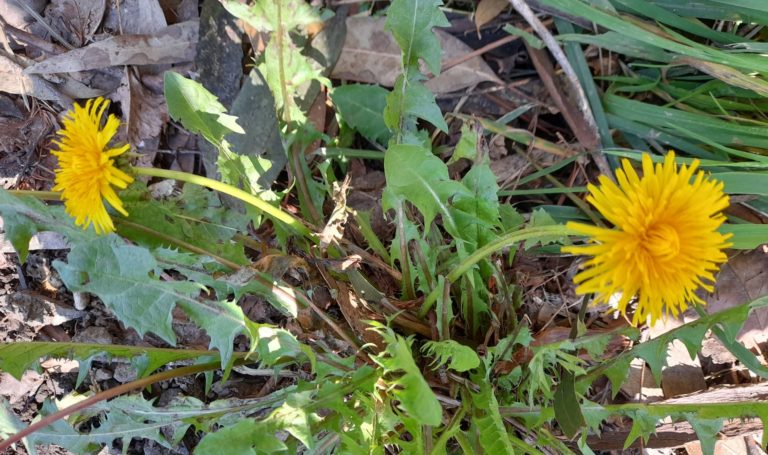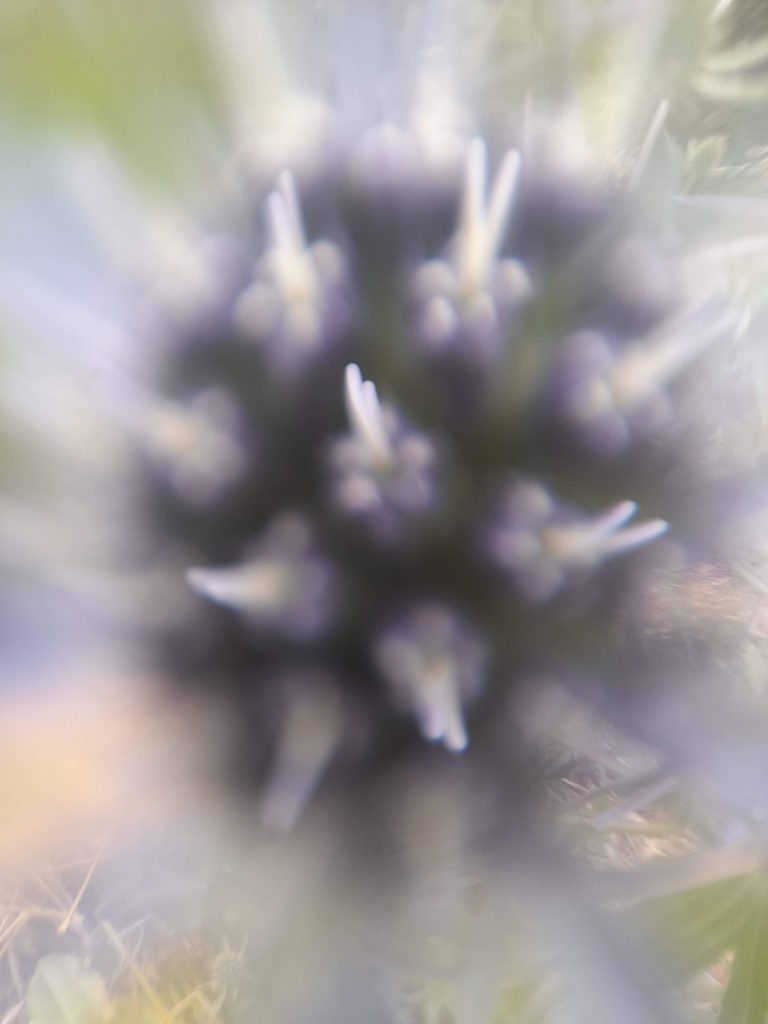ADHD – beyond (and including) medication
Autism and ADHD are becoming an increasing issue – not just with kids, but also with a number of my adult patients. Older clients who come to me for help with issues ranging from depression to diabetes are saying “That’s me! I didn’t know it was me, but that’s how I experience the world!”
These “neurological” issues are an increasing issue from kindergarten to grandparents.
The issue is so big that the Australian government is investigating it. The Parliament just released a report on Assessment and support services for people with ADHD (in November 2023). There’s also a National Autism Strategy under development, with a draft expected by the end of this calendar year.
Neuro diversity is real – and needs better support and understanding
To keep up-to-date, I’ve been doing a webinar series called ADHD – A Functional Roadmap for Clinicians.
The series featured presentations from 2 experts.
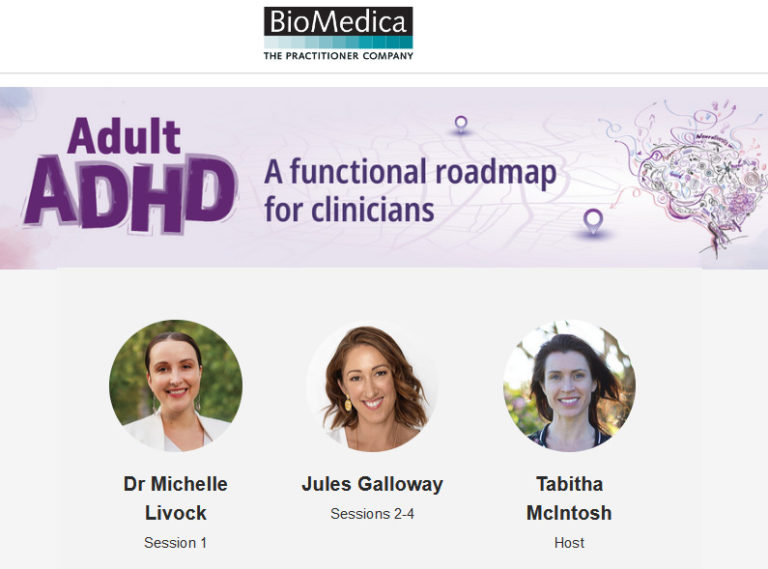
Clinical neuropsychologist Dr Michelle Livock
Dr Michelle is based in Queensland, and has a Masters and PhD in clinical neuropsychology from Melbourne University. She is a neurodiversity affirmative therapist who works with neurodivergent children and adults, specialising in women’s mental health.
If you haven’t hear of “affirmative” therapy – it’s an approach that takes the perspective that differences in our neurobiology are inborn and have potential value – so they need to be recognised and supported and valued – not “cured”.
Dr Michelle has a range of good information on her website – see her On Demand Webinars if you’re looking for useful information and good sources. She also co-hosts the NeuroDivergent Woman Podcast which is another rich source for quality resources.
Naturopath, Podcaster, Mentor Jules Galloway
Jules is also based in Queensland has found great solace in finally getting a diagnosis of ADHD herself. She applies this lived experience to assisting a range of patients including a big following from ‘ADHDers’, as she calls herself.
Jules emphasizes that ADHD is NOT a disease that needs to be ‘fixed’ but rather a ‘brain type’. Often a person with this brain type has the feeling of a brain ‘on fire’. Naturopaths are well placed to help ‘put the fire out’ – and in her practice she has identified a range of treatments and supports that help her clients.
The whole person needs support in multiple dimensions
There’s growing evidence that a range of lifestyle and naturopathic supports can make a big difference. And while the amphetamine medications can be a life changer for a lot of folk, they need to be carefully managed and checked for side effects.
A key theme of the webinar series was that there are enormous limitations to the traditional mechanistic mainstream medical approach. The whole person needs support.
This is more true than ever as the true count of the neurodiverse people in our society is recognised – and demand for support and services massively outstrips the capacity of mainstream systems to meet that demand.
Complementary medicine can do a lot to support neurodiversity
As a Naturopath, I can help treat you as the whole person you are, while you wait for an official diagnosis.
You don’t need a label for me to treat you wisely. In the current climate it may take weeks to months to wade through channels of seeing your GP, then a Psychologist, then a Psychiatrist to be prescribed the appropriate meds.
I can help with many of the symptoms you may present with as you wait (or decide not to do battle with medicos). There are a variety of safe and effective herbal treatments, nutritional and lifestyle techniques that can make a big difference to symptoms including:
- anxiety,
- poor sleep,
- depression,
- fatigue,
- post natal depressive disorder,
- gut issues,
- OCD,
- eating disorders .
In just one example: for anxiety I may prescribe lemon balm, lavender, passionflower, B vitamins, kava or magnesium. The dose and form will depend on your individual preferences and what other medications you are taking.
Supportive approach to HOW you manage your whole life
I’m committed to a team approach, working with your health support team to make sure all your needs are met.
I also understand that your neurodiversity could mean you are impatient and lack motivation, so I will prescribe supplements that will make a difference within a couple of weeks, depending on the person.
I don’t just “prescribe” – together we’ll create accountability strategies that enable you to stick to new foods or routines like sleep timing or supplement taking. This may be in the form of finding a ‘buddy’ to support you both or reporting in to me or a friend at regular intervals.
People often find it helpful to arrange their supplements in weekly tablet containers for ease of access. (I do this myself.)
I help you manage your medication’s side effects
Every medicine – naturopathic or pharmaceutical – can have side effects that need to be managed. The amphetamine-based medications prescribed to manage the impacts of neurodiversity are no different.
When/if you do take medications I can prescribe a range of supportive herbs and nutritional supplements that will enhance the activity of the medication – without interfering with it – AND reduce its side effects.
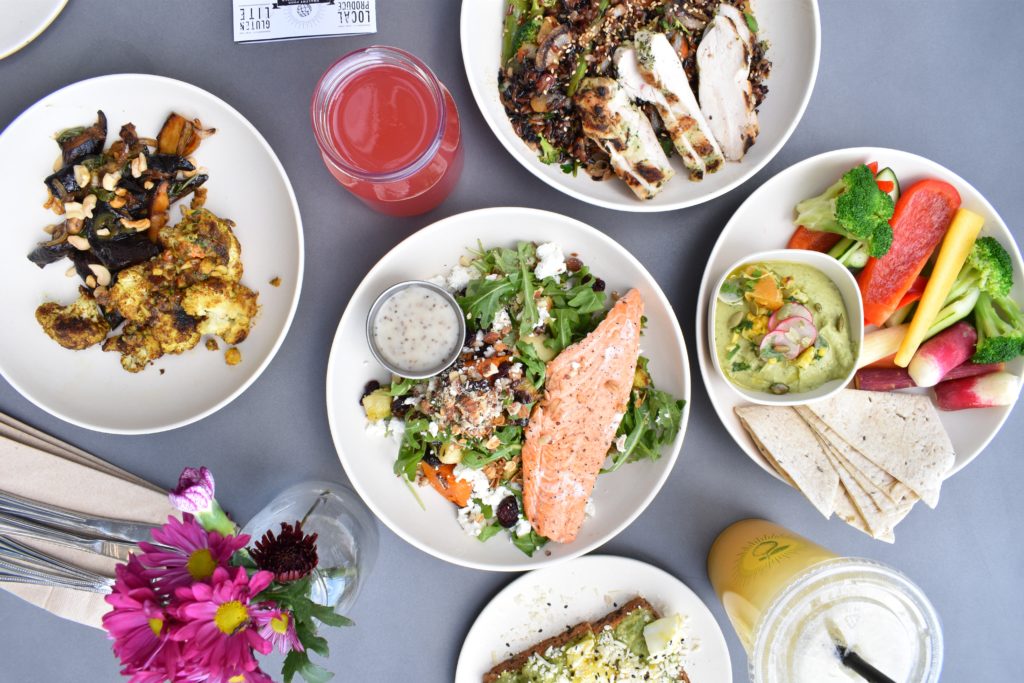
There also plenty of food strategies to reduce side effects of the meds that I can help you with – like having good quality proteins earlier in the day to prevent the common afternoon ‘crash’ in energy.
Other side effects of pharmaceutical medications – symptoms like gut irritation, lack of appetite and nausea – can be well managed with eating strategies combined with herbal medicines. Remedies like glutamine, PHGG (partially hydrolyzed guar gum) and slippery elm bark in appropriate dosages can make a real difference.
If you take Vitamin C, make sure you have it at least one hour away from your ADHD medication as the acid in the Vitamin C may interfere with the medication.
Sometimes hormonal aspects of your menstrual cycle may need addressing or your nervous system may need more support. There are many ways to enhance your well being through singing, laughter, massage, exercise, cold therapy (even immersing your face in cold water).
Set yourself up for success, not just survival
Feeling better about yourself and in yourself is a priority.
Lots more people than you know are living with neurodiversity – and those who recognise it and tackle it are learning to thrive with it (and even leverage their unique perspective) – instead of just surviving. One example is comedian and media professional Em Rusciano – who did a Press Club Presentation in 2022 revealing her own ADHD diagnosis and how this made so much sense in her life.
Knowing more about the subject can be really useful. For general information, I’ve found various episodes of the ABC’s All In The Mind podcast useful, including these two:
- ADHD, TikTok, Rejection Sensitivity Dysphoria — meet Matilda’s brain
- Not broken, just wired differently: ADHD in adulthood
Get support – don’t just “soldier on”
As a well trained and deeply experienced Naturopath, I can help guide and support you with non toxic, well researched, safe therapies. See my intake form on my home page to initiate a Consultation.

